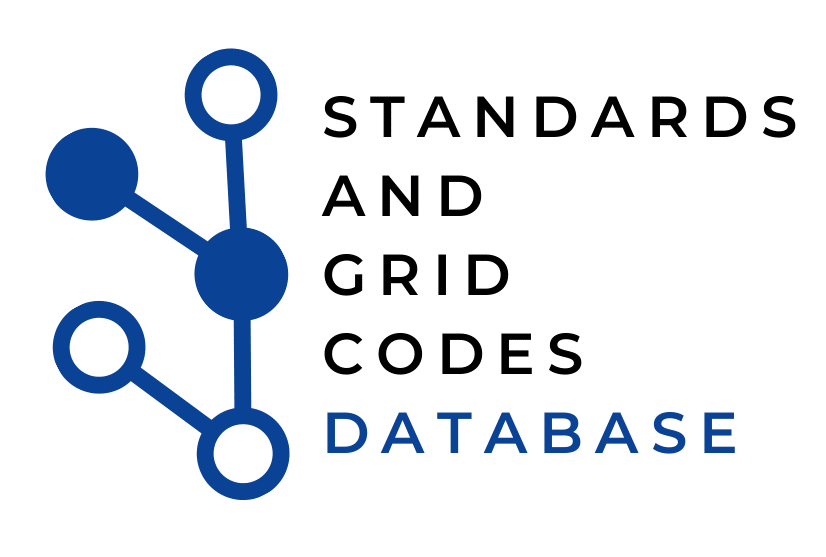Abstract
IEC 62053-24:2020 applies only to static var-hour meters of accuracy classes 0,5S, 1S, 1, 2 and 3 for the measurement of alternating current electrical reactive energy in 50 Hz or 60 Hz networks and it applies to their type tests only.
This document uses a conventional definition of reactive energy where the reactive power and energy is calculated from the fundamental frequency components of the currents and voltages only.
This document applies to electricity metering equipment designed to:
• measure and control electrical energy on electrical networks (mains) with voltage up to 1 000 V AC;
• have all functional elements, including add-on modules, enclosed in, or forming a single meter case with exception of indicating displays;
• operate with integrated or detached indicating displays, or without an indicating display;
• be installed in a specified matching socket or rack;
• optionally, provide additional functions other than those for measurement of electrical energy.
Meters designed for operation with low power instrument transformers (LPITs as defined in the IEC 61869 series) may be considered as compliant with this document only if such meters and their LPITs are tested together and meet the requirements for directly connected meters.
This document does not apply to:
• meters for which the voltage line-to-neutral derived from nominal voltages exceeds 1 000 V AC;
• meters intended for connection with low power instrument transformers (LPITs as defined in the IEC 61869 series) when tested without such transformers;
• metering systems comprising multiple devices (except LPITs) physically remote from one another;
• portable meters;
• meters used in rolling stock, vehicles, ships and airplanes;
• laboratory and meter test equipment;
• reference standard meters;
• data interfaces to the register of the meter;
• matching sockets or racks used for installation of electricity metering equipment;
• any additional functions provided in electrical energy meters.
This document does not cover measures for the detection and prevention of fraudulent attempts to compromise a meter’s performance (tampering).
This second edition cancels and replaces the first edition published in 2014 and its amendment 1:2016. This edition constitutes a technical revision.
This edition includes the following significant technical changes with respect to the previous edition: see Annex E
|
